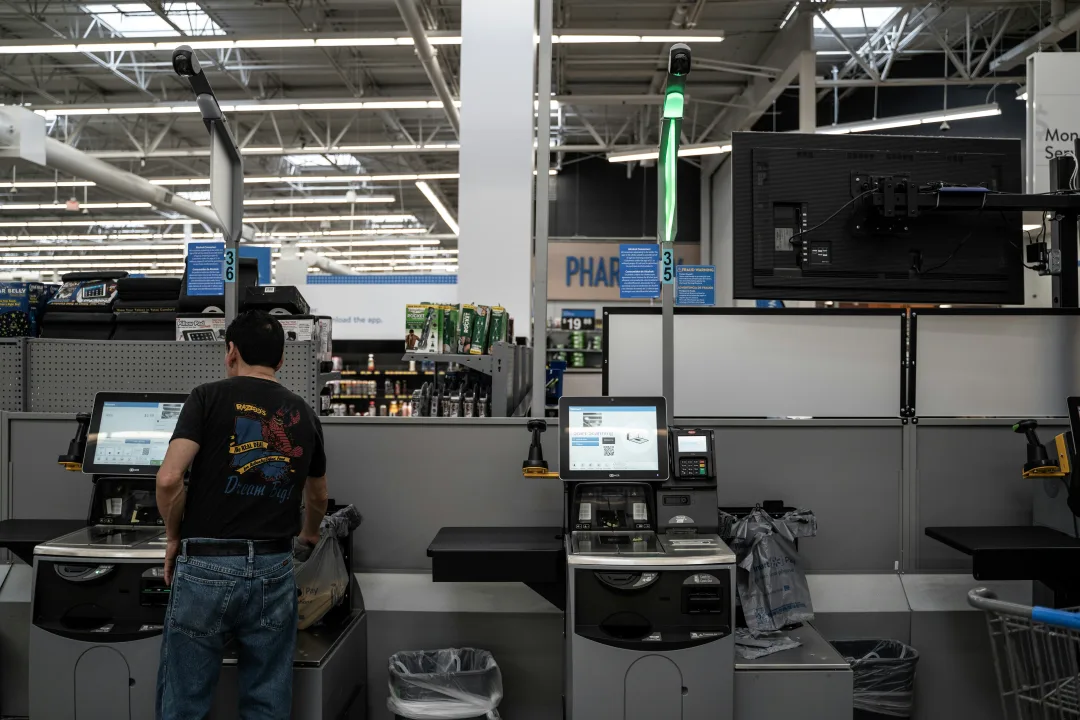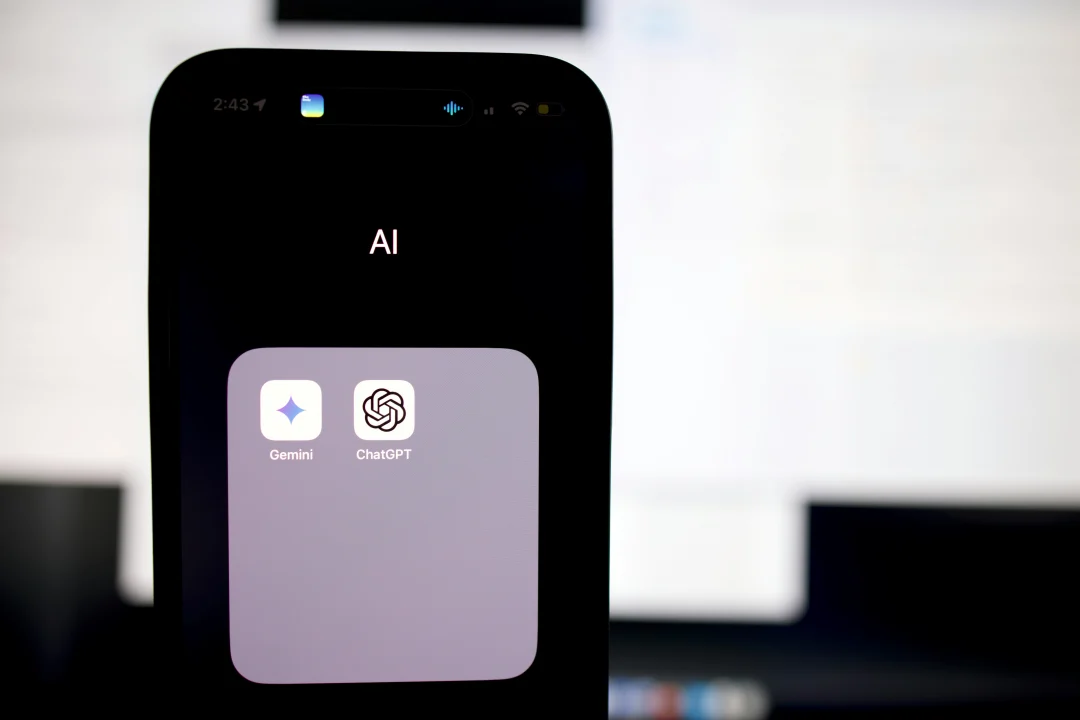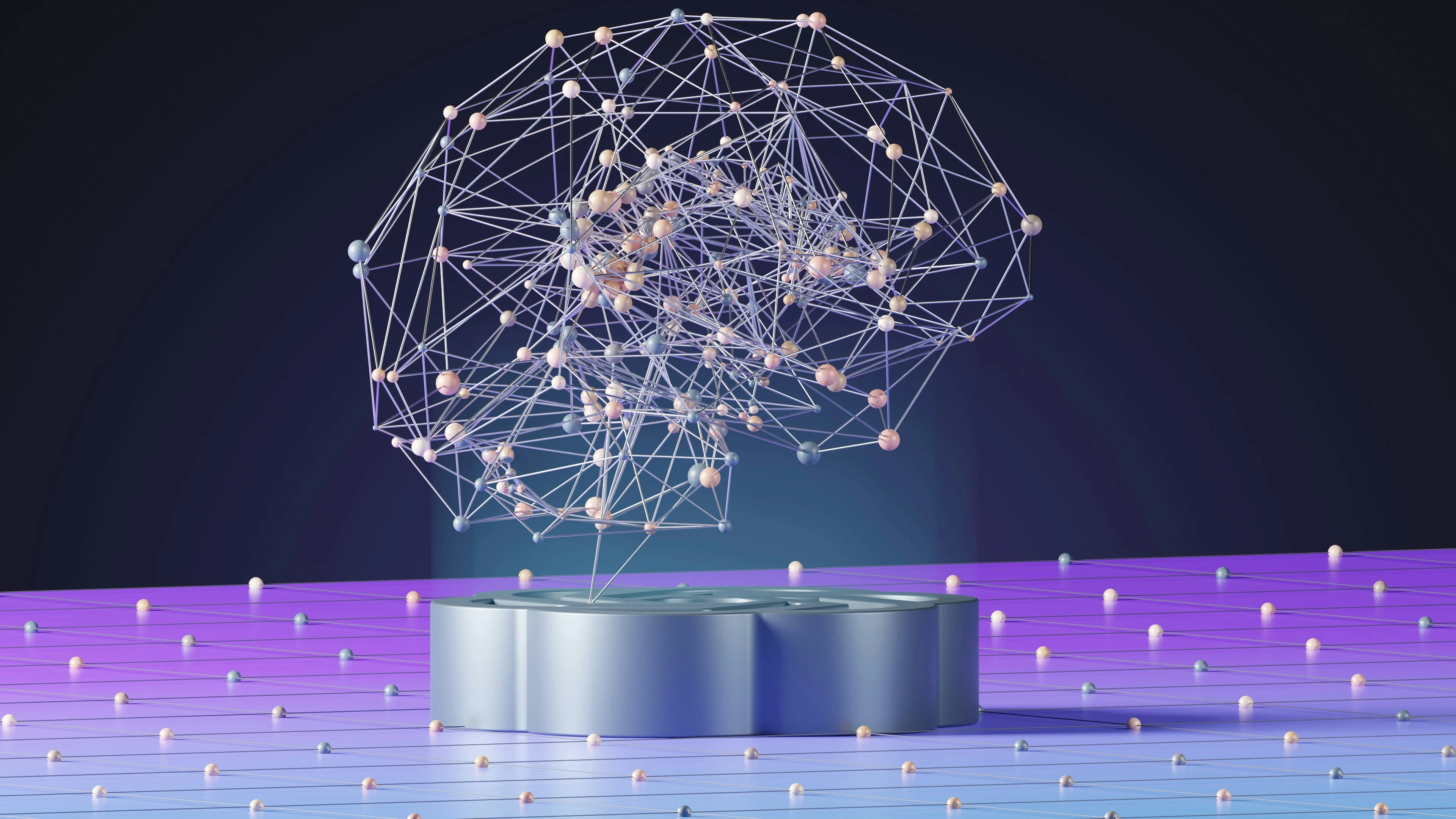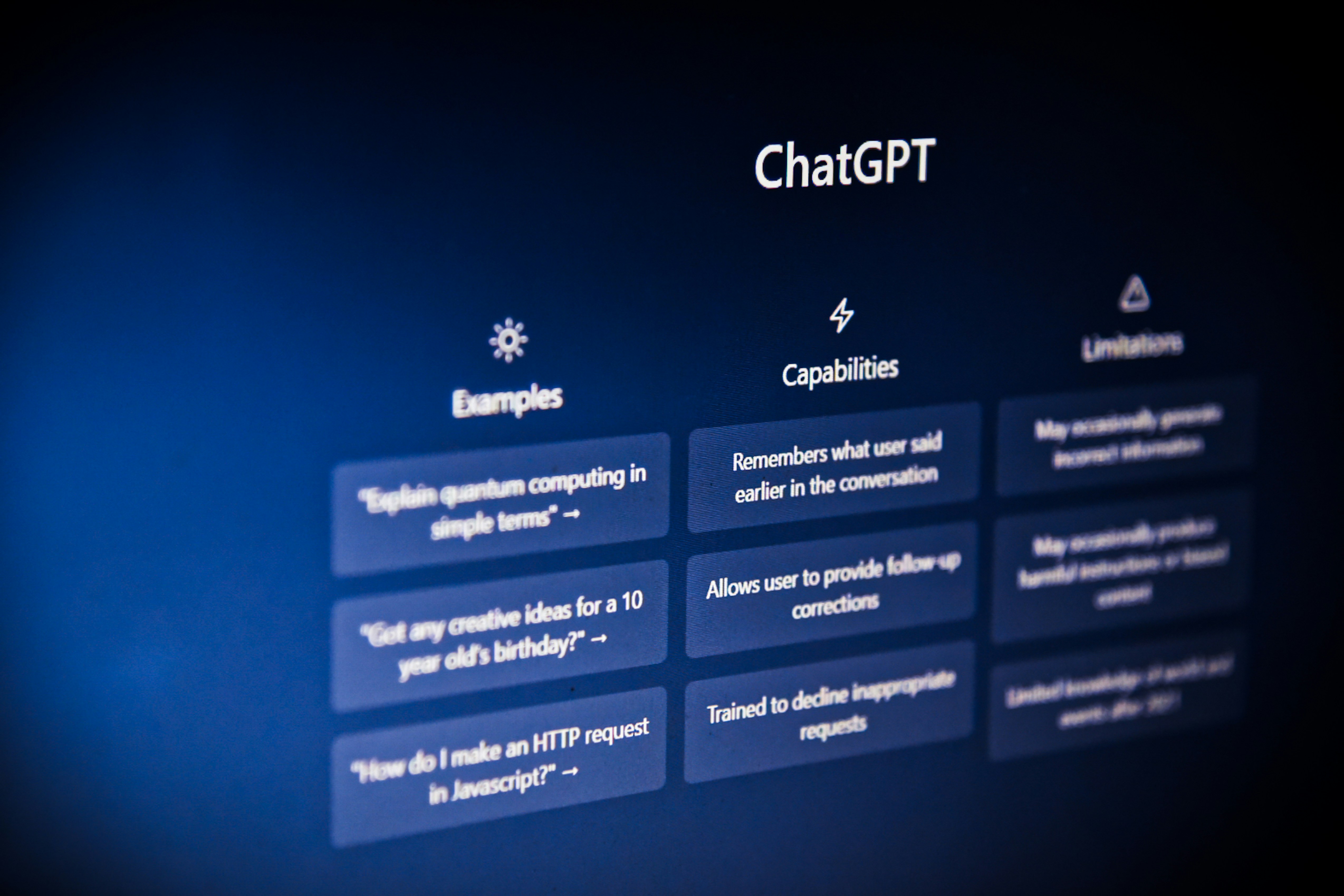How AI is Changing Jobs in 2025 – Prepare Yourself Today
Published on: Fri Jul 11 2025

How AI is Changing Jobs in 2025 – Prepare Yourself Today
The conversation around Artificial Intelligence and the job market has been a mix of excitement and anxiety for years. But in 2025, it’s no longer a distant future to speculate about—it’s the reality we live and work in. AI is not just a tool; it’s a fundamental shift, acting as a new industrial revolution that is actively redefining roles, creating new opportunities, and making some old skills obsolete.
The narrative of “robots taking our jobs” is an oversimplification. The real story is more nuanced. AI is not just replacing jobs; it’s transforming them. Understanding this transformation is the first step to not just surviving but thriving in the new world of work. This guide will explore how AI is changing the job landscape and what you can do to prepare yourself today.
The Automation Wave: Which Jobs are Most Affected?
AI excels at tasks that are repetitive, data-driven, and follow predictable patterns. As a result, jobs that heavily involve these tasks are seeing the most significant impact from automation.
- Data Entry and Processing: AI algorithms can now process and categorize vast amounts of information with incredible speed and accuracy, reducing the need for manual data entry roles.
- Basic Customer Service: AI-powered chatbots and virtual assistants are now capable of handling a large volume of customer queries, from answering frequently asked questions to processing returns, 24/7.
- Routine Administrative Tasks: Scheduling meetings, managing calendars, and organizing files are tasks that AI assistants can now handle with minimal human oversight.
- Content Generation (First Drafts): AI can now generate basic reports, product descriptions, and simple social media updates, changing the role of entry-level copywriters.
The Augmentation Effect: Jobs Enhanced by AI
For every job AI automates, there are many more that it augments. In this scenario, AI acts as a “co-pilot,” handling the tedious parts of a job and freeing up human professionals to focus on strategy, creativity, and complex problem-solving.
- Software Developers: Developers are using AI to write boilerplate code, debug errors, and even translate code from one language to another. This allows them to build complex applications faster and focus on system architecture.
- Marketers: AI tools can analyze market data to identify trends, automate A/B testing for ad campaigns, and generate initial copy ideas, allowing marketers to focus on high-level strategy and creative direction.
- Graphic Designers: AI image generators are not replacing designers but are becoming powerful tools for brainstorming, creating mood boards, and generating background assets, allowing designers to iterate on ideas more quickly.
- Healthcare Professionals: AI is helping doctors analyze medical images like X-rays and MRIs with greater accuracy and is being used to identify patterns in patient data to predict diseases earlier.
The New Frontier: Jobs Created by AI
Just as the internet created roles like “Social Media Manager” and “SEO Specialist,” the AI revolution is creating entirely new career paths that didn’t exist a few years ago.
- Prompt Engineer: Experts who specialize in crafting the perfect instructions (prompts) to get the most accurate and useful results from AI models.
- AI Ethicist: Professionals who ensure that AI systems are built and deployed in a fair, unbiased, and responsible manner.
- AI Trainer / Data Curator: Individuals who are responsible for cleaning, labeling, and curating the vast datasets required to train powerful AI models.
- AI Integration Specialist: Consultants who help businesses integrate AI tools into their existing workflows and processes.
How to Prepare Yourself for the AI-Driven Future
The key to staying relevant is not to compete with AI but to learn how to collaborate with it.
- Develop AI Literacy: You don’t need to be a data scientist, but you do need to understand the basic principles of how AI works. Start using tools like ChatGPT or Gemini in your daily life to understand their capabilities and limitations.
- Focus on “Human” Skills: AI struggles with tasks that require deep critical thinking, creativity, emotional intelligence, complex problem-solving, and leadership. These uniquely human skills are becoming more valuable than ever.
- Become an Expert Collaborator: Learn how to use AI as a tool to enhance your own skills. If you’re a writer, learn to use AI for research and outlining. If you’re a coder, learn to use AI for debugging. The professional of the future is an expert in their field who leverages AI to amplify their abilities.
- Embrace Lifelong Learning: The field of AI is evolving at an incredible pace. The skills that are valuable today might be different a year from now. Cultivate a mindset of continuous learning and adaptability. Online courses, workshops, and certifications can help you stay up-to-date.
The future of work isn’t about humans vs. machines. It’s about humans with machines. By embracing AI as a powerful collaborator and focusing on developing your uniquely human strengths, you can position yourself for success in this exciting new era.
Related Blogs

Gemini AI vs ChatGPT – Which One Should You Use in 2025?
A deep-dive comparison of Google's Gemini and OpenAI's ChatGPT in 2025. We analyze their strengths in reasoning, creativity, real-time data access, and integration to help you choose the right AI for your needs.

How to Use AI Tools to Boost Productivity in 2025 – Step-by-Step Guide
Want to work smarter, not harder? This step-by-step guide for 2025 teaches you how to effectively use AI tools like ChatGPT and others to automate tasks, generate ideas, and boost your daily productivity.

Top 10 Ways to Use ChatGPT in Daily Life – For Students, Creators, and Professionals
Unlock your full potential with ChatGPT. This 2025 guide explores the top 10 practical ways students, content creators, and business professionals can use ChatGPT to boost productivity and creativity.